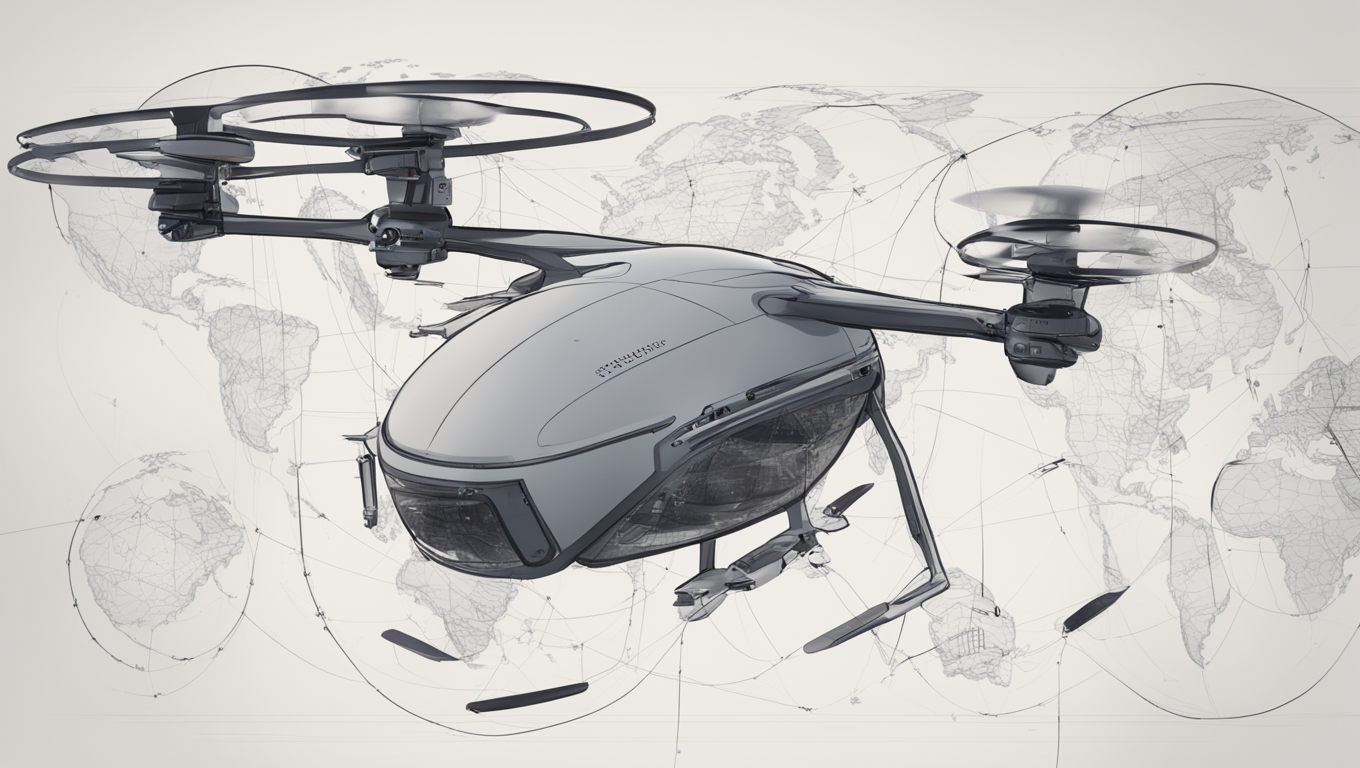January 30, 2024
In a groundbreaking development that could revolutionize the way we communicate, Elon Musk’s neurotechnology company, Neuralink, has successfully implanted its first neural implant into a human brain. This achievement marks a significant milestone in the field of neural interfaces and brings us one step closer to the future of telepathic control.
“The first human received an implant from Neuralink yesterday and is recovering well. Initial results show promising neuron spike detection,” Musk announced on the social network X earlier this week. The implant, known as Telepathy, aims to enable control of electronic devices simply by thinking. Musk envisions a future where individuals with the implant can effortlessly control their phones, computers, and almost any device with their minds alone.
While the initial users of Telepathy will be those who have lost the use of their limbs, Musk’s ultimate vision is to enable communication at unprecedented speeds. “Imagine if Stephen Hawking could communicate faster than a speed typist or auctioneer. That is the goal,” he explained. By harnessing the power of neural interfaces, individuals could surpass the limitations of traditional input methods and directly control computers and other devices through their thoughts.
Neuralink began recruiting volunteers for clinical trials involving brain implants, which also have applications in controlling prosthetics, in September of last year. The company, established by Musk in 2016, focuses on the development of implantable chips that have the potential to empower humans to become cyborgs capable of countering artificial intelligence. Furthermore, this technology can help people acquire the ability to control computers directly through the power of their minds.
Neural interfaces have garnered significant attention and funding in recent years due to their potential to unlock new realms of communication and understanding. By directly accessing the brain’s neural activity, scientists believe that it will be possible to establish seamless connections between humans and machines. This has the potential to transform numerous industries, from healthcare and entertainment to education and communication.
It is important to note that the neural implant developed by Neuralink has received approval from the US Food and Drug Administration (FDA) to conduct clinical trials on humans. This regulatory clearance underscores the significance of the technology and offers hope for its future potential.
With this recent milestone, Elon Musk and Neuralink have brought us one step closer to a future where telepathic communication and control become a reality. As we continue to unlock the mysteries of the human brain, the possibilities for enhancing communication and expanding human capabilities are truly awe-inspiring.
In the words of Musk himself, “With neural interfaces, we can take a leap forward in human evolution. We have the power to shape our future and merge with technology in a way that allows us to surpass our limitations. The future of communication is within our grasp.”





Use the share button below if you liked it.